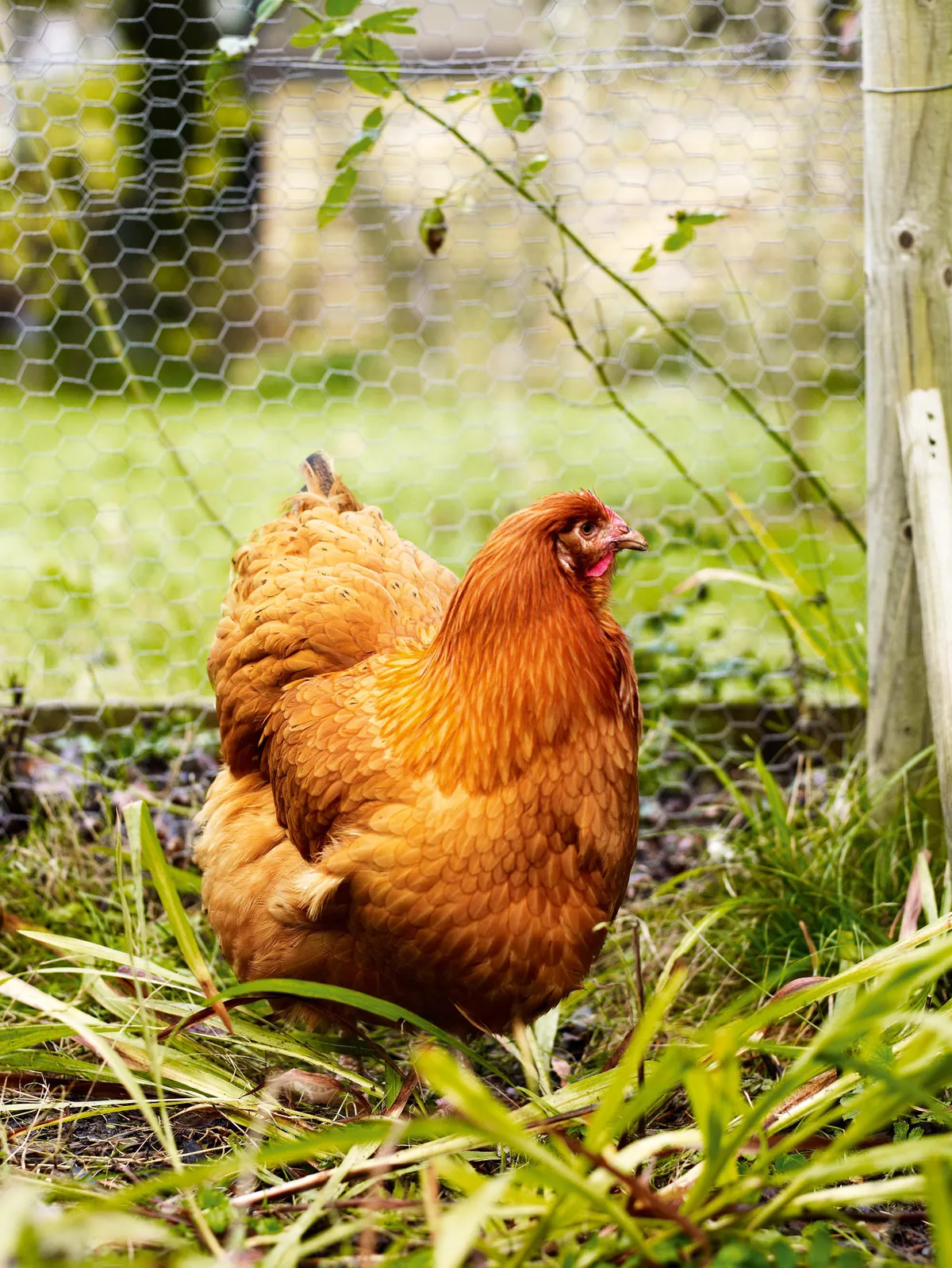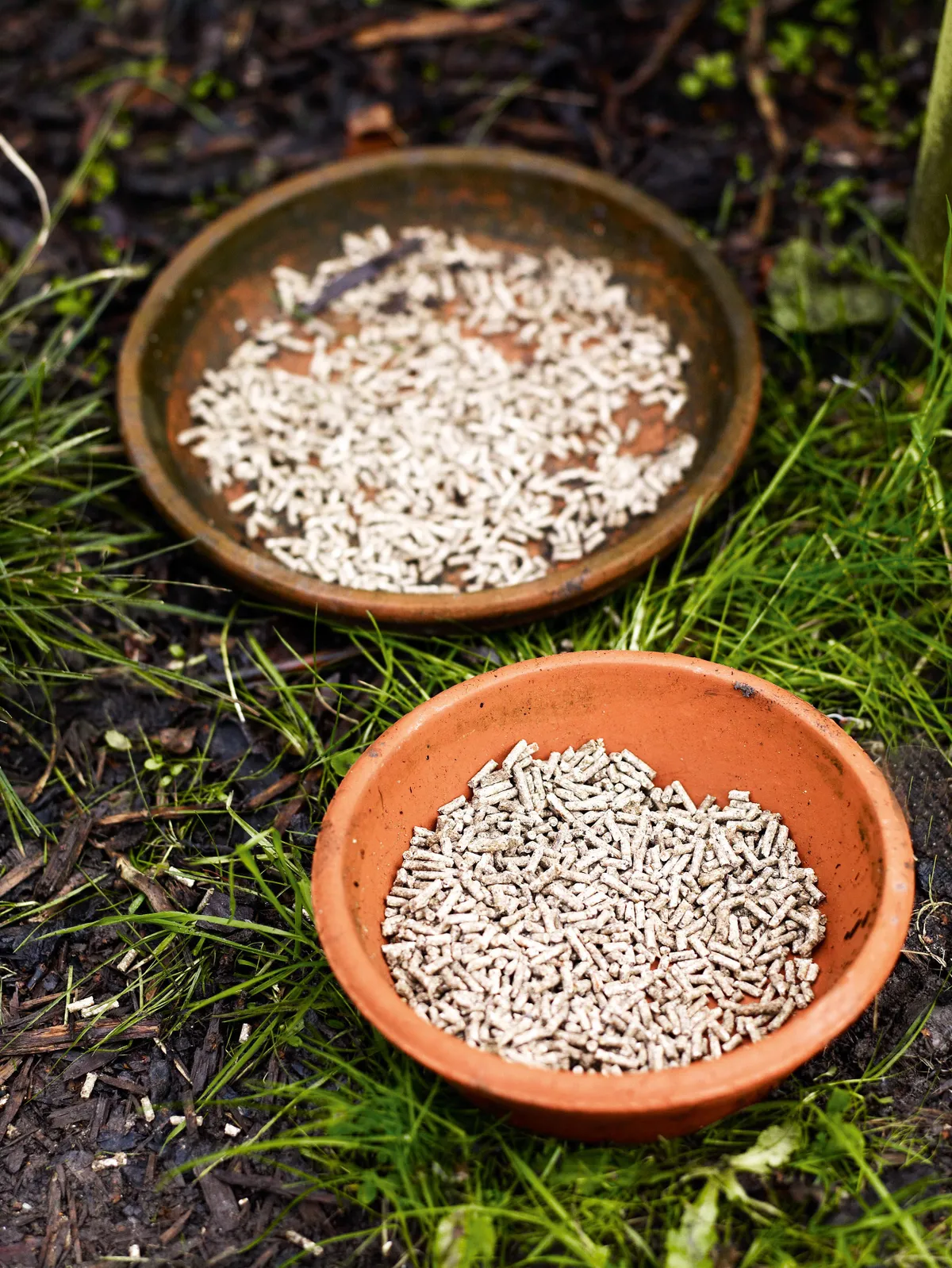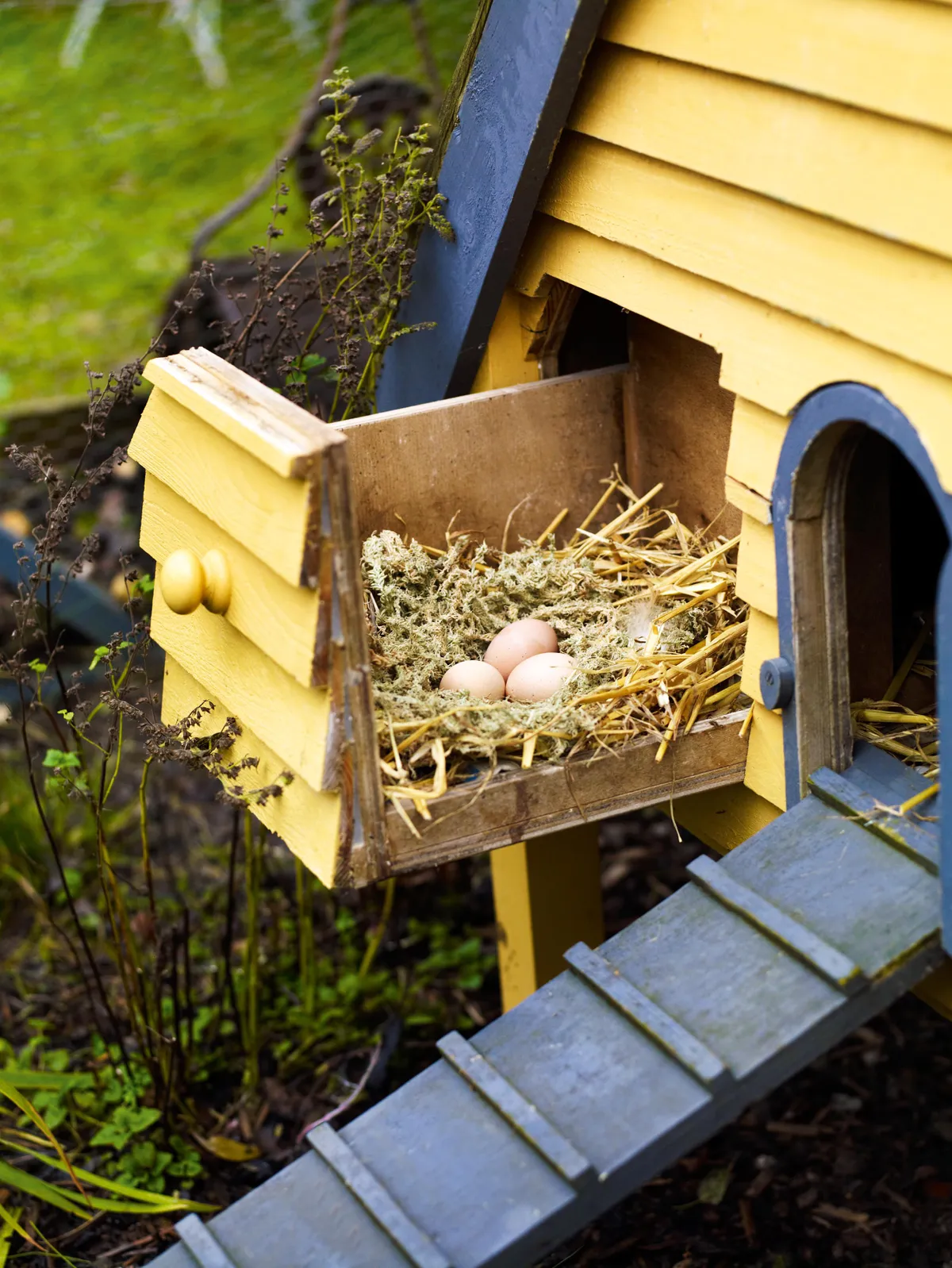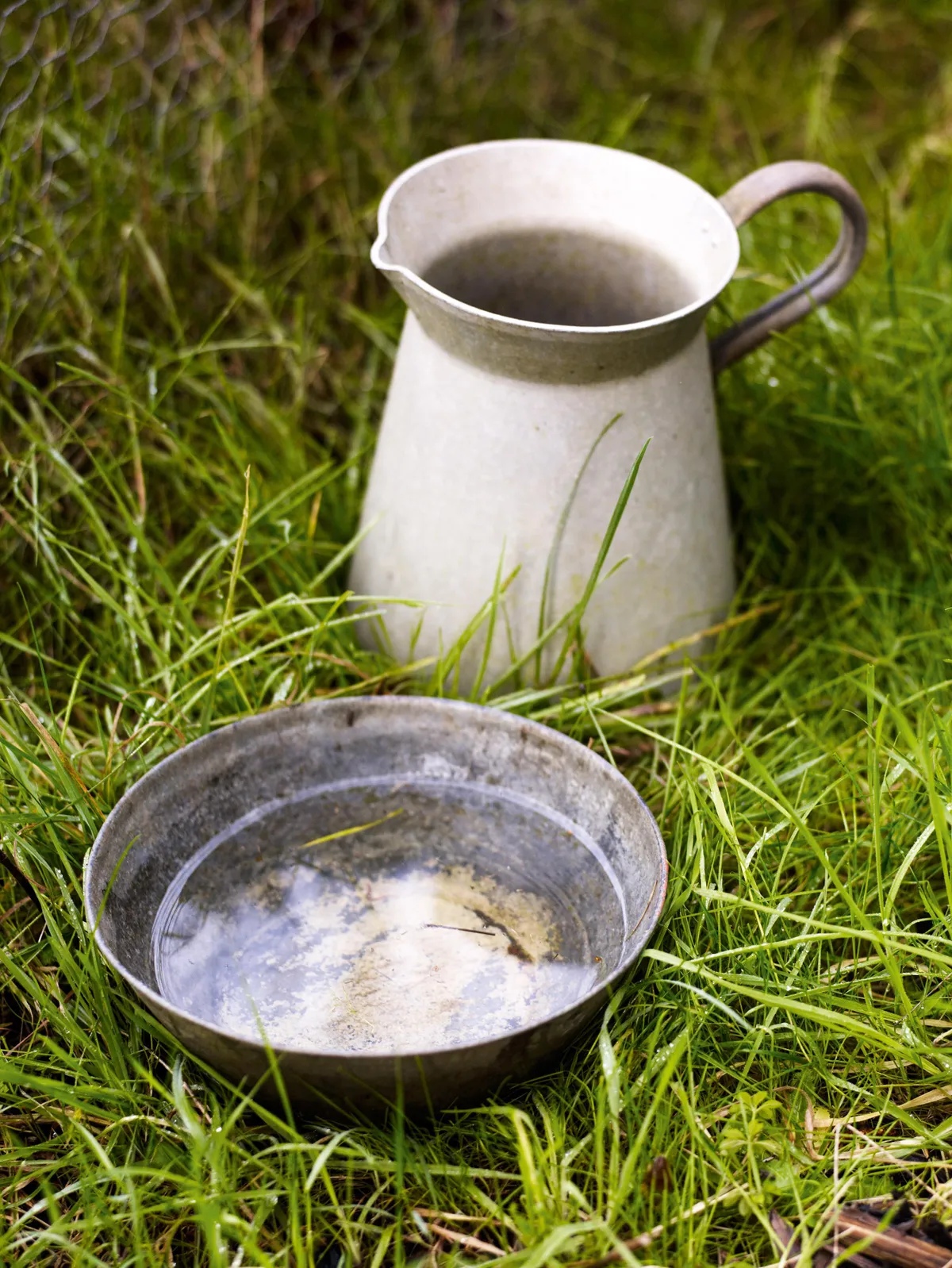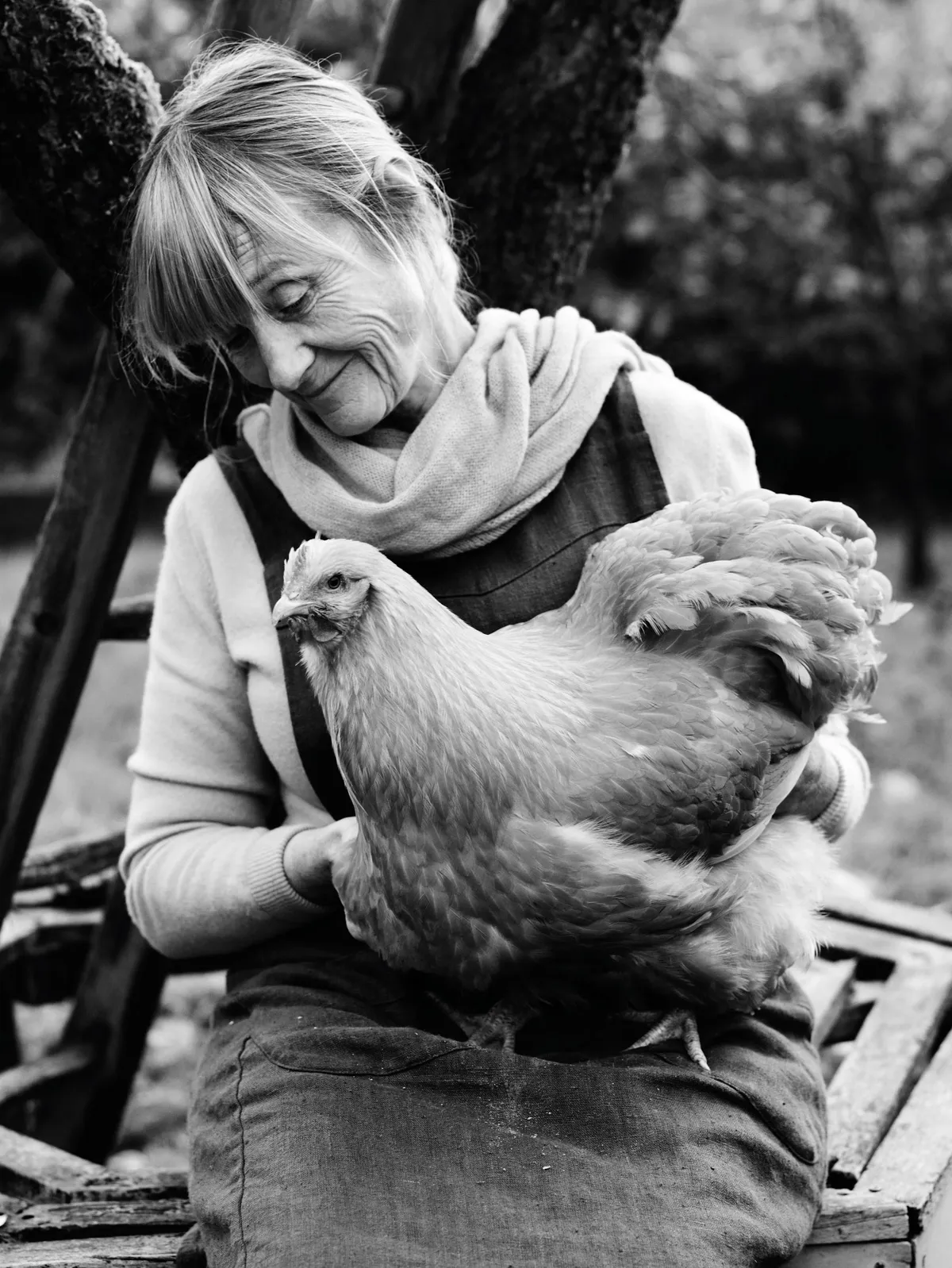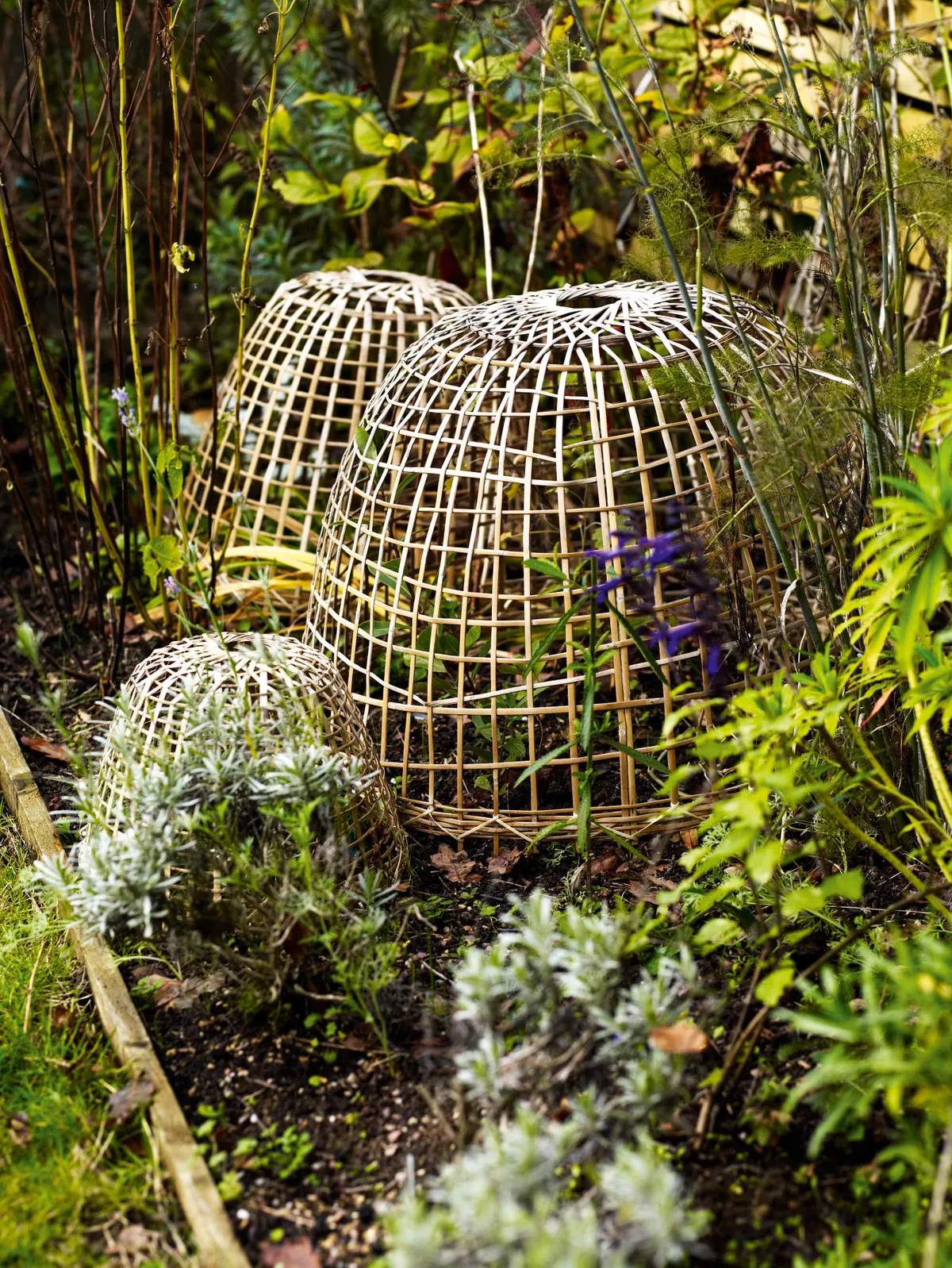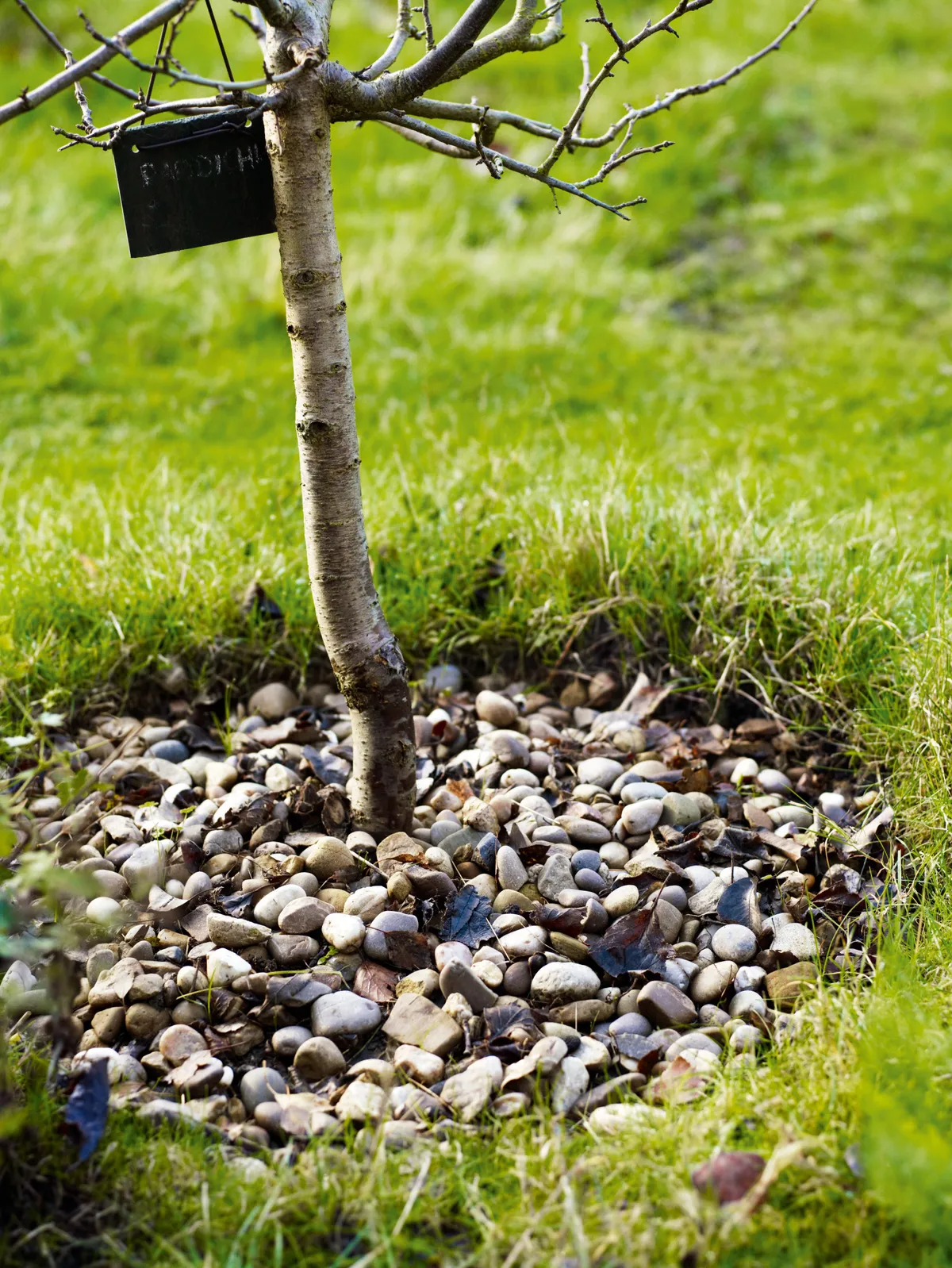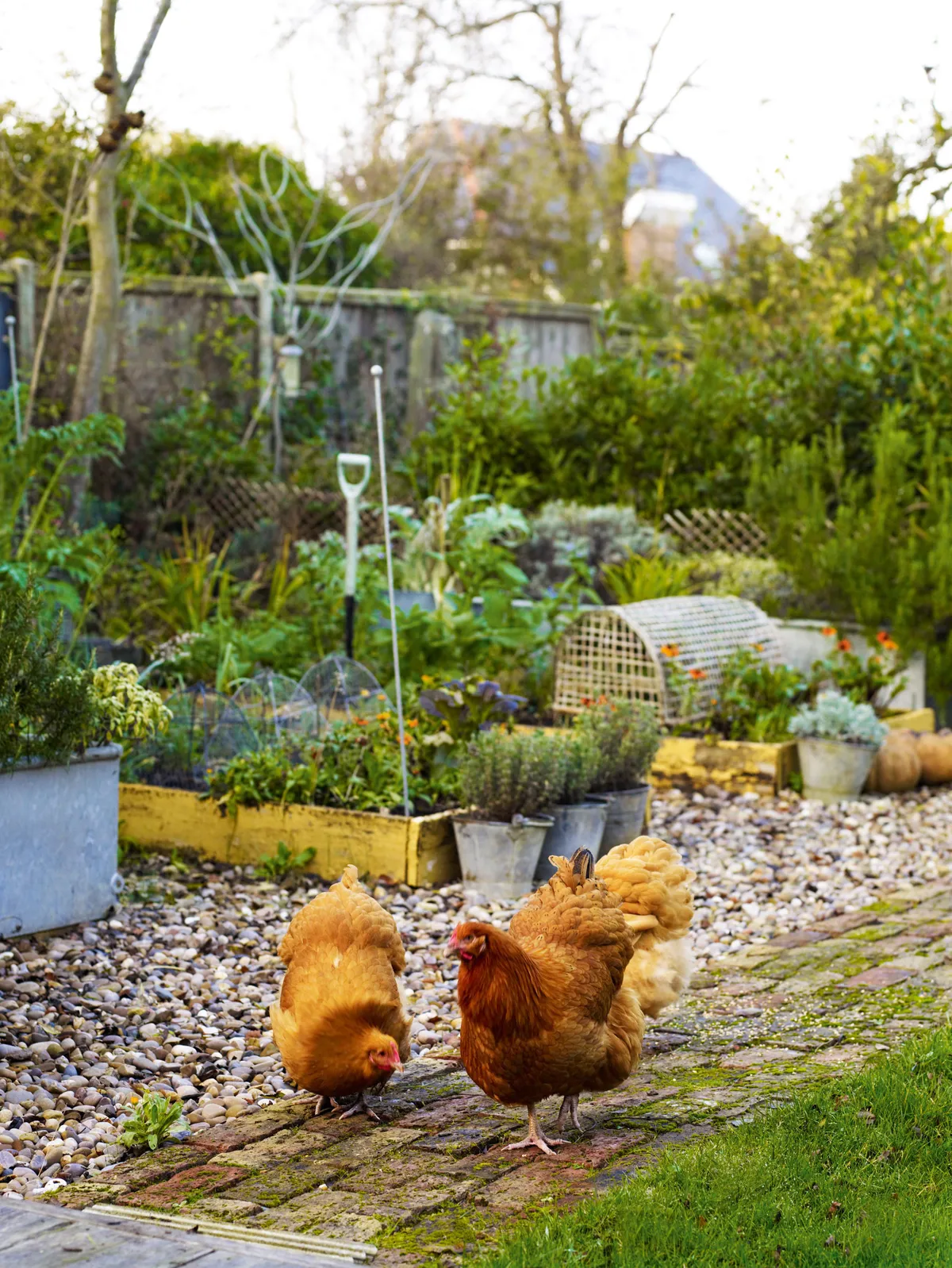I wish I could swear chickens make the best under-gardeners, but the most I can promise is they add movement, colour and drama, that my egg rack is full of the tastiest eggs and I’m never alone when gardening. Of course, it takes management to share your garden with chickens, but I can’t imagine mine without them.
Keeping chickens in your garden
How much space do you need to keep garden chickens?
First, consider your garden. I’d never recommend those with a new garden to keep chickens; wait until plants are established to a reasonable size. You’ll also need to decide how big a space you can dedicate to your birds. An orchard, patch of meadow, or paddock would be ideal, but even the smallest garden can take a couple of Bantams. If you cultivate your whole plot, decide how much you are prepared to sacrifice to your chicken flock’s territory, but bear in mind, the more space you dedicate to your flock, the less you’ll notice their predations.
How many garden chickens can you keep?
Whatever scale of keep, don’t overstock and start with just a trio of hens. You’re aiming to give your chickens as good a life as possible, and allow them as much freedom as their safety and your gardening ambitions allow. In either case, you’ll need a henhouse – a chance to show off your decorative flair – inside a secure run. You can convert an existing shed, provided it’s waterproof and draught-proof, but you’ll need to drill some ventilation holes above head height.
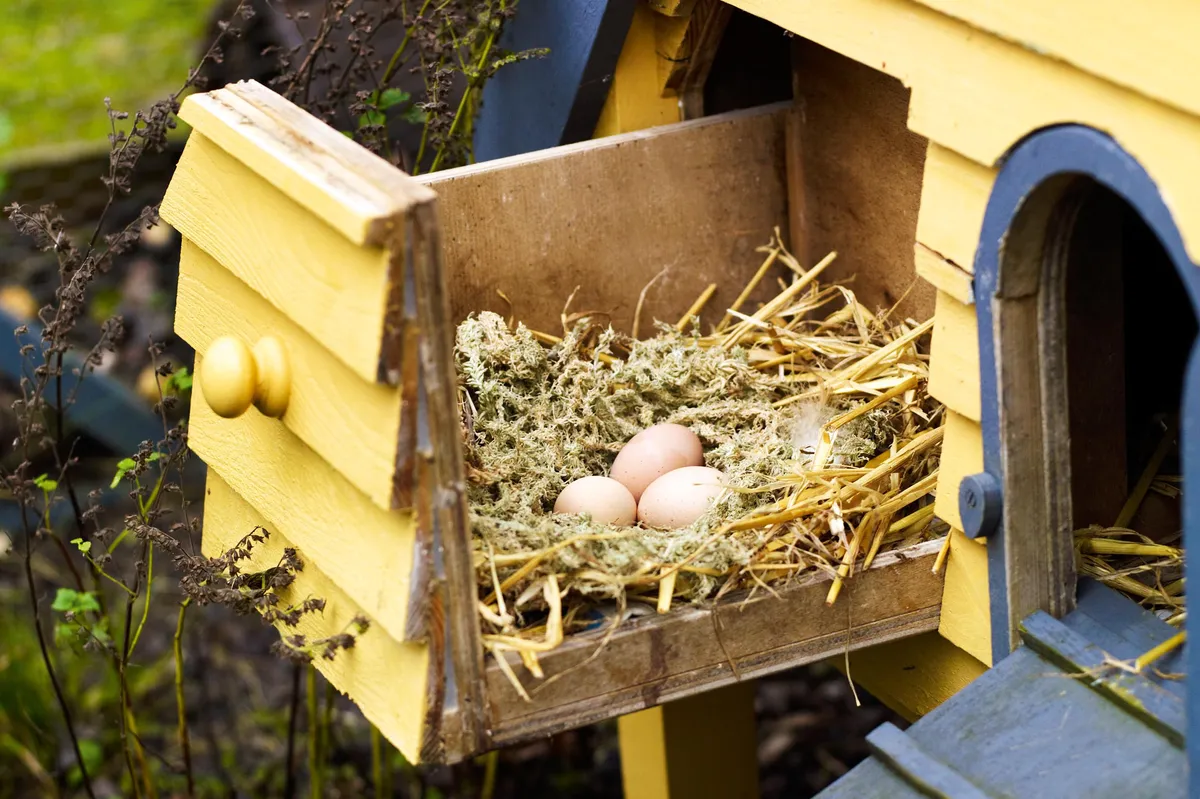
What breed of chicken should you get for the garden?
The most important decision is your choice of breed. Hens that lay a lot, eat a lot, and if what’s on offer is your garden, well you won’t have much of your garden left. With limitless space, there’s room for any chickens you fancy, but with less acreage, avoid hybrids that promise an egg a day. These chickens have voracious appetites and a short life span. Pure breeds need less space, they live longer and, because they lay fewer eggs, their appetites are smaller. If you’re keeping chickens in a small garden, I’d recommend the following breeds:
Orpington (this is a Buff Orpington)
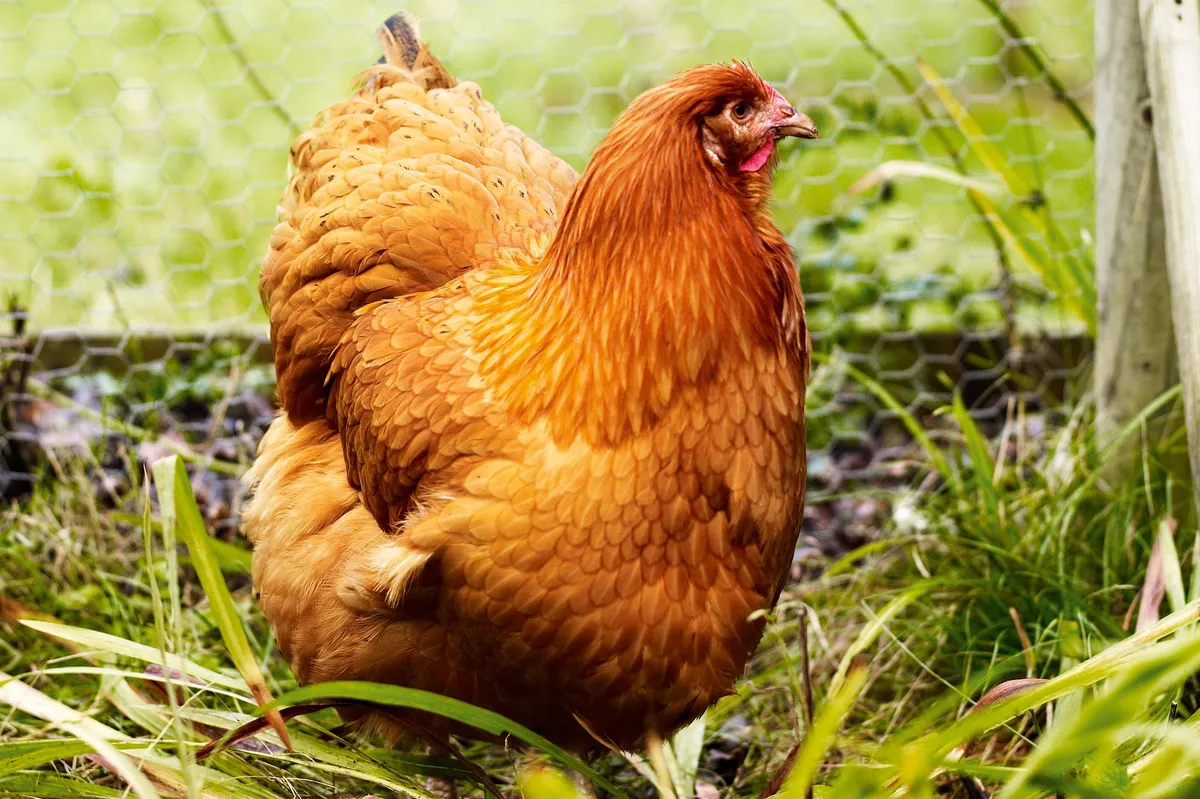
Brahma
Cochins
Smaller breeds, such as Pekin and Silkie. Some hens have feathered legs, which can make them less likely to scratch in flowerbeds.
How to look after chickens in your garden
How much time you spend with your flock will depend on how much you enjoy their company, but like any creature, they need feeding, and their house must be cleaned. Keeping chickens is a great time waster, but it is time spent enjoying your garden, and it can soon develop into an all consuming passion. Children will learn a lot from your chickens and with supervision it can become an absorbing hobby. Other pets may need to be trained: cats learn quickly to avoid pecking beaks, whereas some dogs may need more persuasion.
If you’re keeping just a few birds, you may not notice their presence too much, but terraces will still need to be swept and paths cleaned with a burst of a high-powered hose. Droppings that fall on beds soon disappear (home-reared chicken manure is less acidic than that from commercial birds), and mixed with bedding, feathers and leftovers will turn into excellent compost.
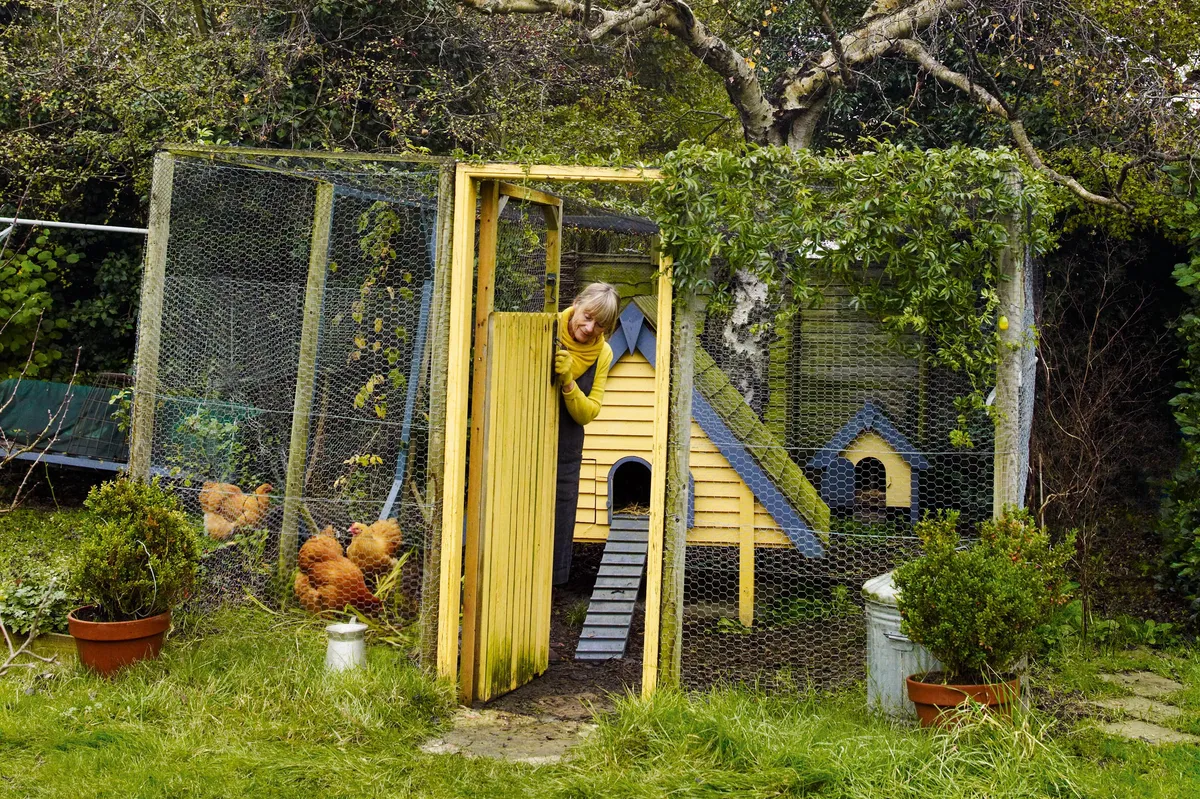
Hens vs cockerels
I love the cockerel’s dawn alarm, but many don’t. Hens don’t need a cockerel for them to produce eggs, and without crowing, there’s no reason why neighbours should complain, and the occasional half dozen eggs will compensate for the odd cluck.
The best chickens for eggs
On to eggs. A hybrid hen will reliably lay an egg a day for a couple years, as will a pure breed hen during her first year, but in subsequent years as her laying season shortens, she’ll lay less. Pure breeds won’t lay at all while they are moulting (for a few weeks in late summer) or while they’re broody.
The benefits of keeping chickens in your garden
I’ve kept a flock of Buff Orpingtons for 20 years, and can’t imagine life without their charms. As in all endeavours, there’ll be the odd mishap, but I make the most of the undoubted advantages. Hens are excellent pest controllers, first-class weed seed devourers, and supply the best eggs you’ll ever taste.
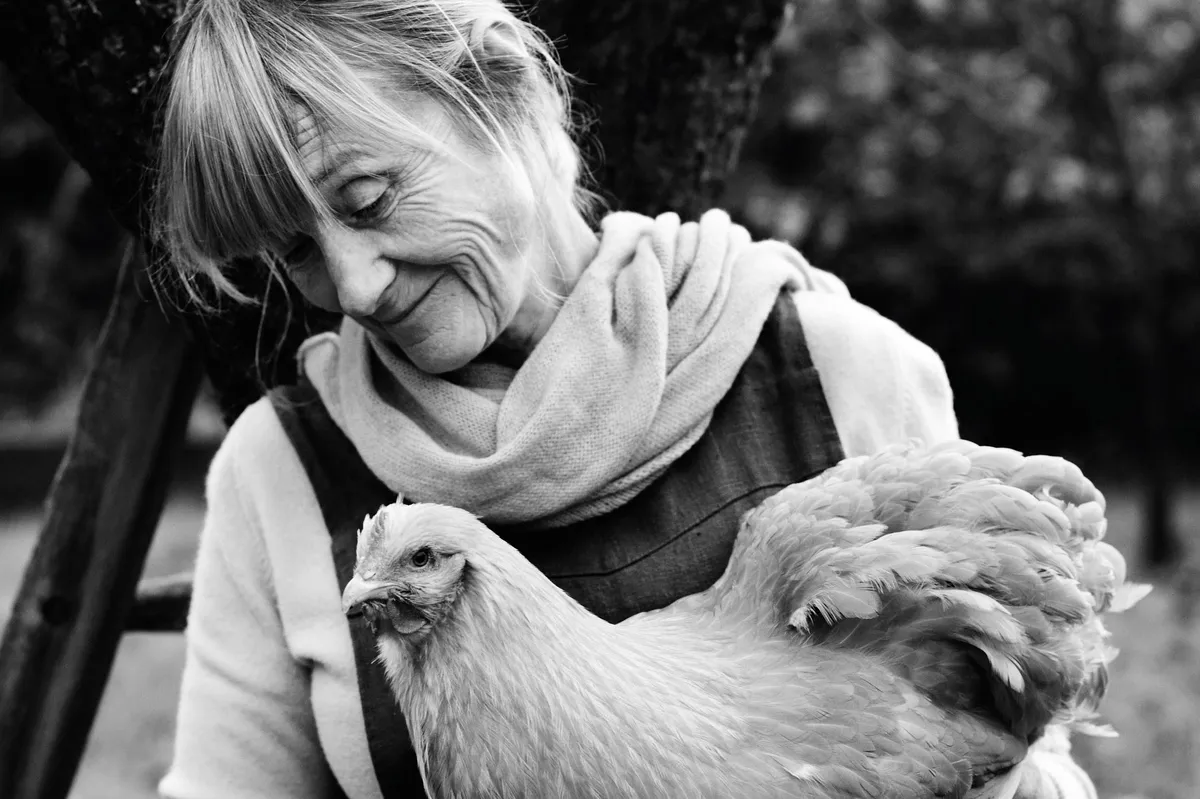
Getting started: keeping chickens, the first steps
• If, despite its shortcomings, you think poultry keeping is for you, then I suggest you go on a course, read the poultry press and talk to other hen keepers.
• Consult your neighbours and contact your local authority to see if there are any contra-indications to keeping poultry. Some house leases disallow keeping livestock.
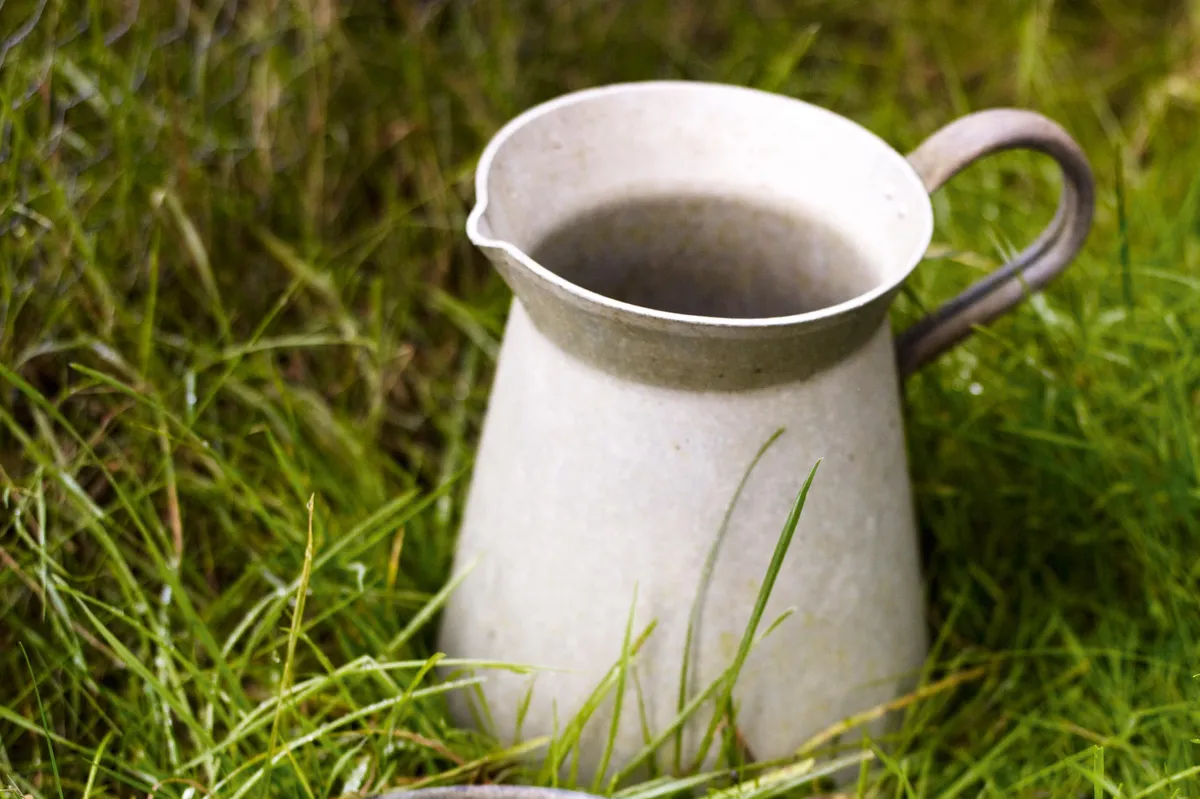
• Choose a spot to site your chicken run, as spacious, secure and close to the house as possible. Your chickens’ main enemies are uncontrolled dogs, foxes of course, badgers and, if you live by a river, mink.
• Fence the run with weld mesh panels. These should be folded out into an apron to prevent predators digging and, if foxes are a problem, cover the roof with fruit cage netting.
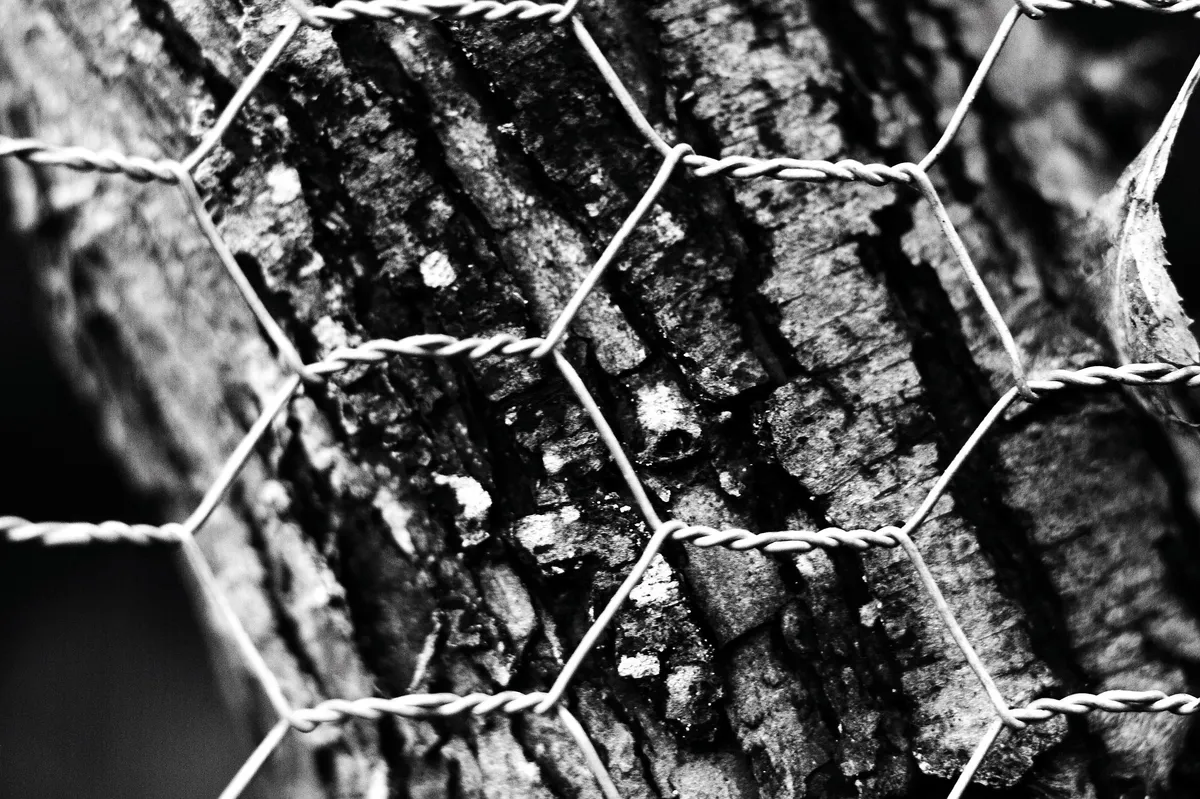
• When buying chickens, look locally first. Ask feed merchants, go to poultry shows, read the poultry press, or go online, but always visit before buying.
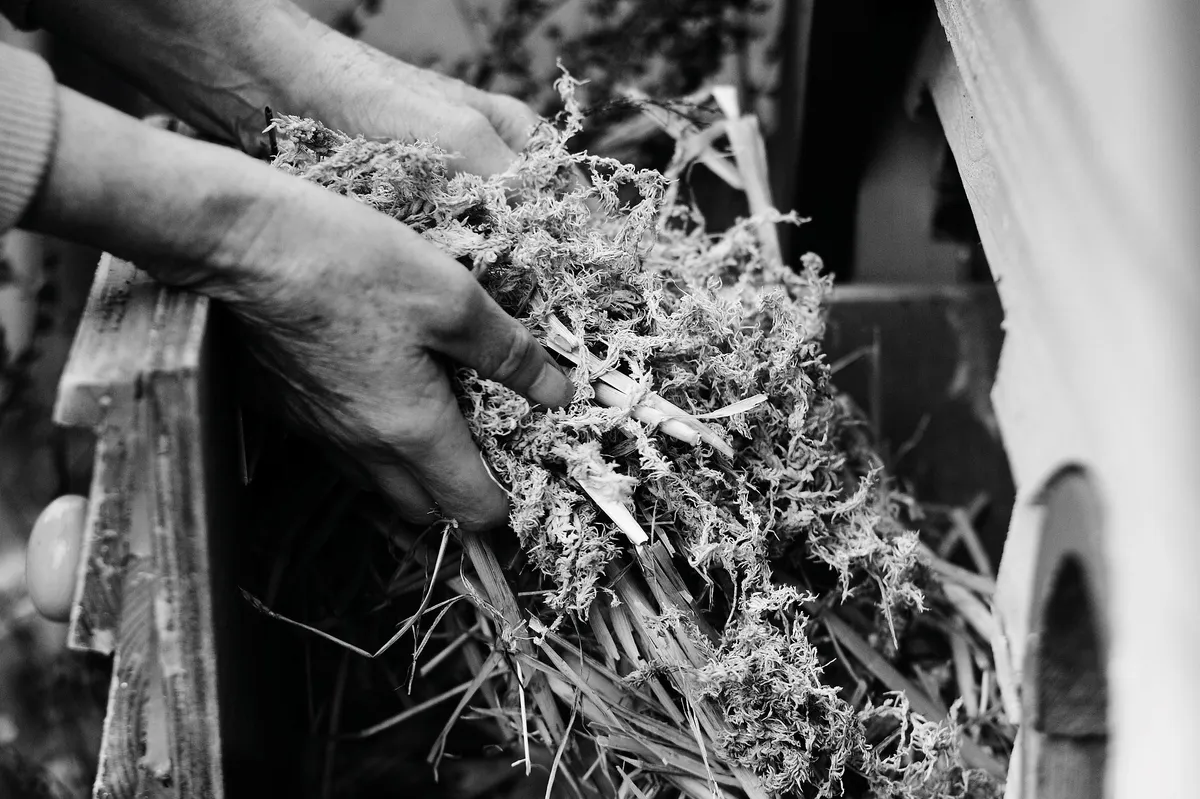
• I use flowerpot saucers for feed (one per bird) that I clear away at night to deter vermin. Keep feed in a metal dustbin with a metal lid. Hens are omnivores. How much feed they need depends on how much access they have to your garden.
• For easy cleaning, line your hen house floor with newspaper – I remove the top sheet every day. Then fill the nest boxes with straw, hemp or shredded paper. Sawdust takes longer to rot down on the compost heap.
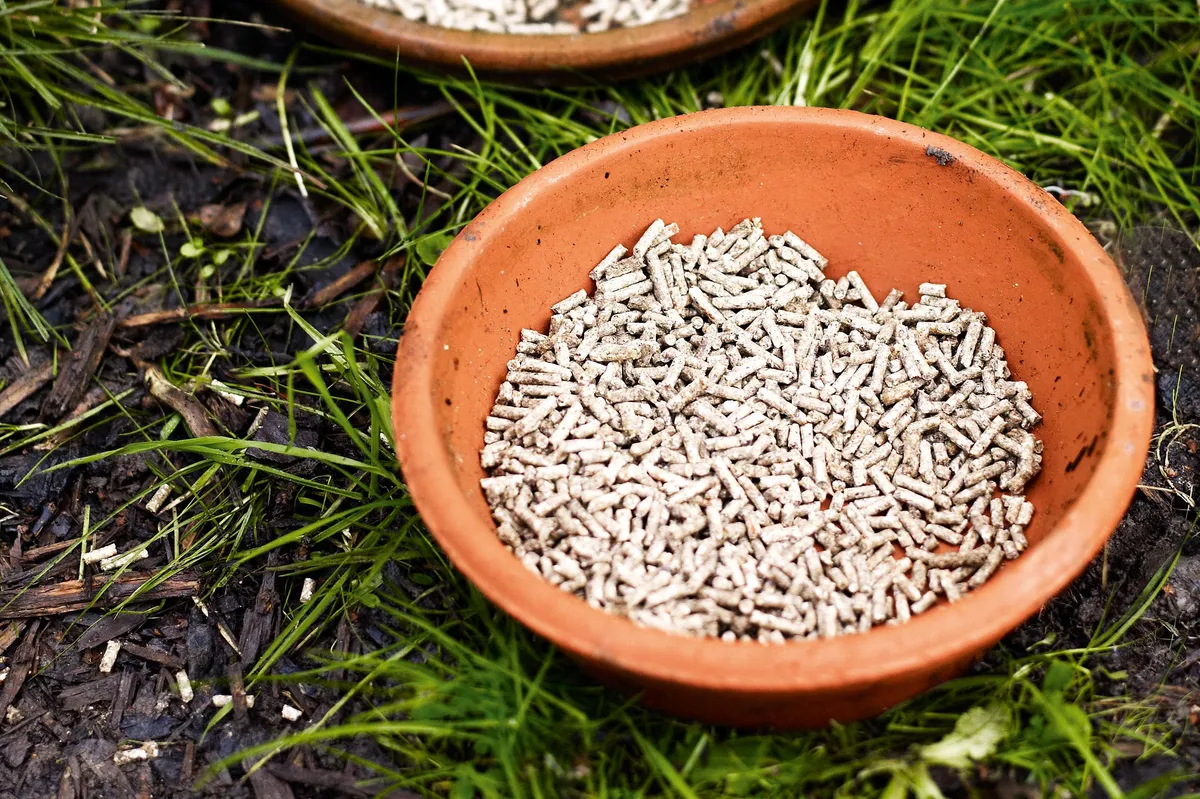
Garden plants chickens eat
Like all of us, hens have varied appetites for plants. One bird’s favourite meal is another’s poison, although all greenery is appealing when young and tender. I would always cloche seedlings, fresh growth and newly planted treasures. On the subject of poisons, hens either avoid or are not affected by plants that are dangerous to humans.
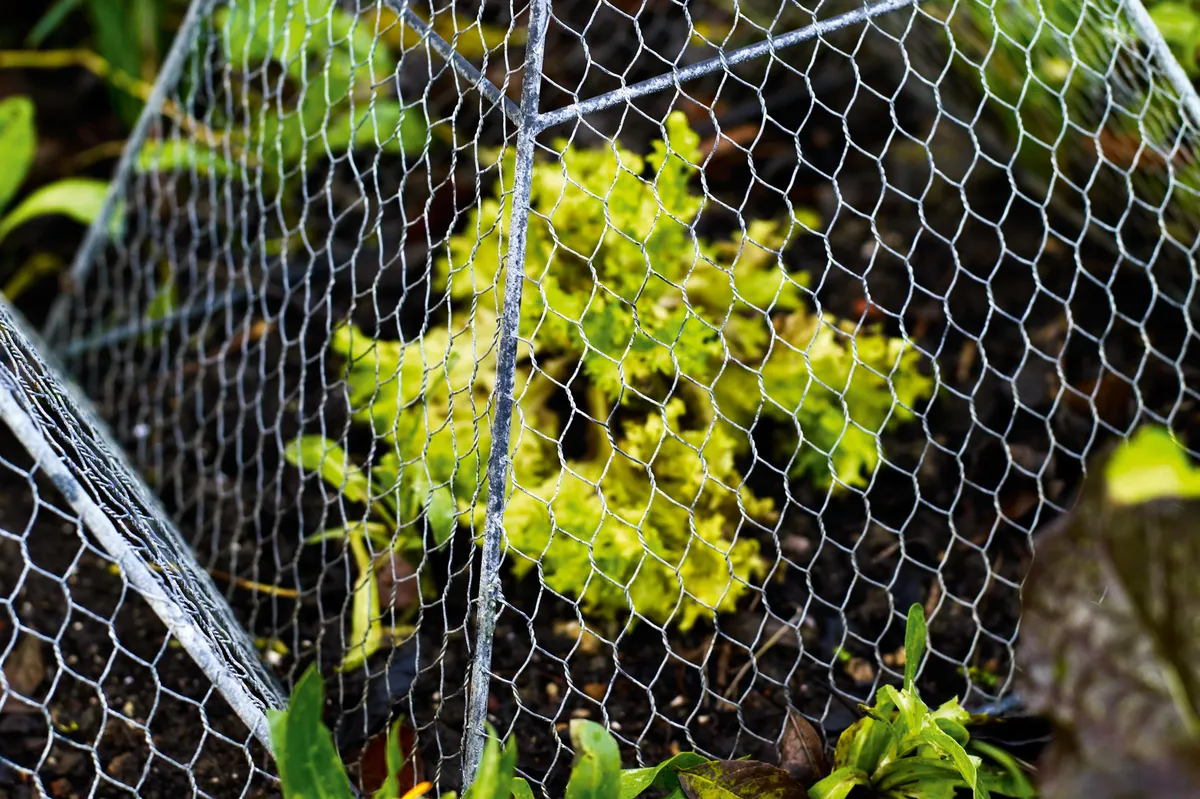
Areas of new planting and salad beds should be netted or covered with permanent low cages; up-turned hanging basket frames are useful. Protect the base of newly planted trees and shrubs with large pebbles or flints.
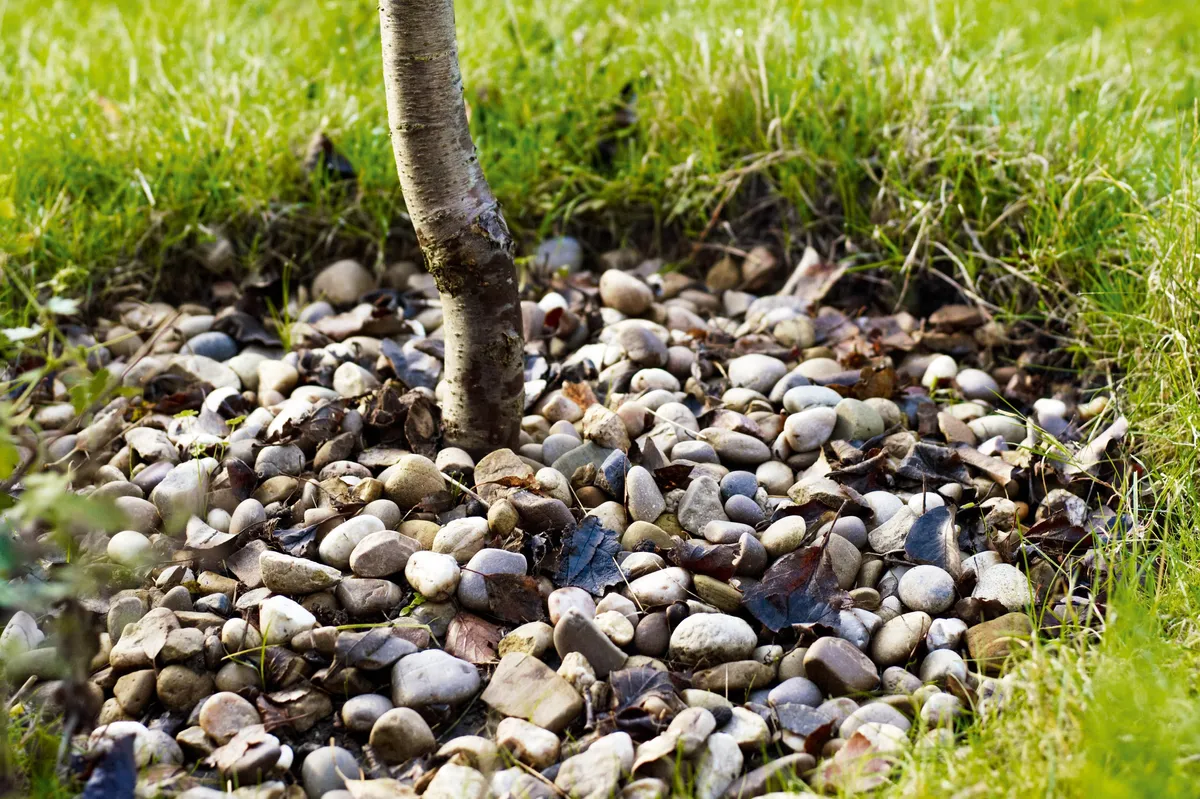
I leave perennials uncut during winter and then cut back in spring, leaving six inches of stem to protect new shoots.
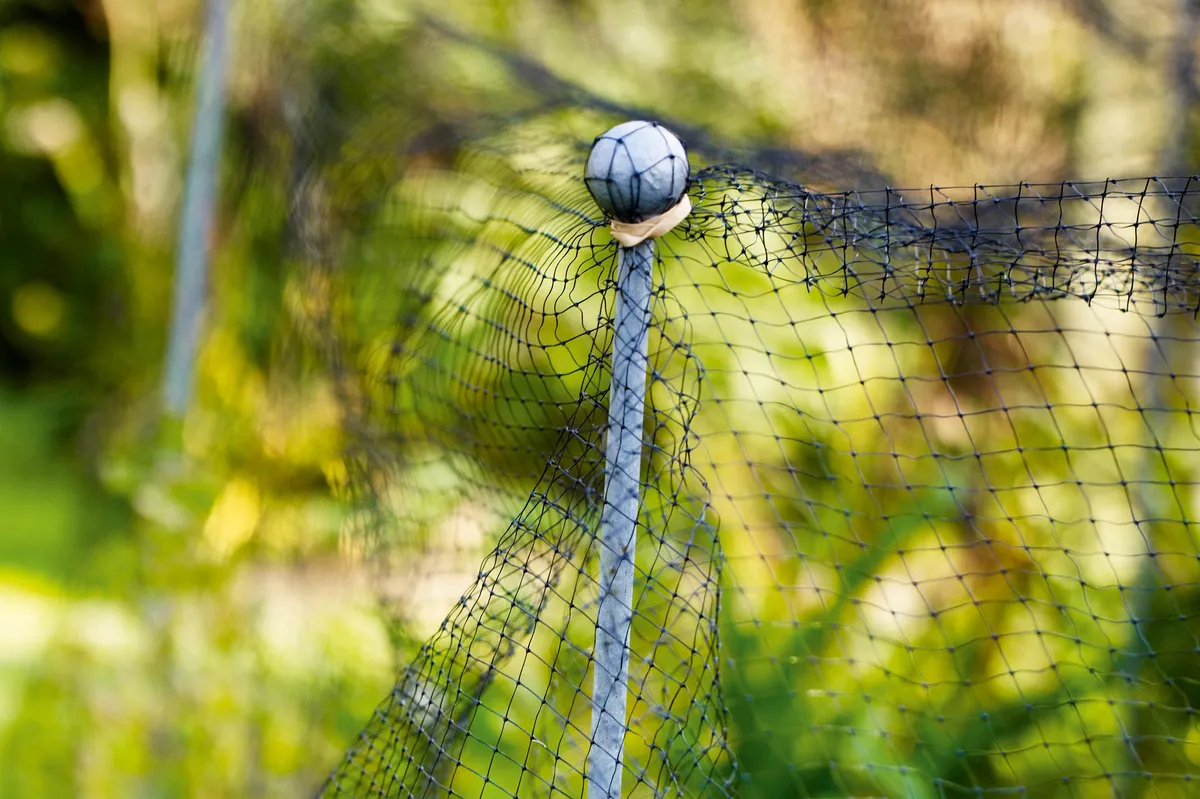
To prevent unsightly pockmarks created by hens’ dust bathing, it’s wise to supply a purpose-built dust bath below the henhouse, by putting the building on legs and boarding the space underneath it. Fill this area with ash from a wood fire or sandpit sand.
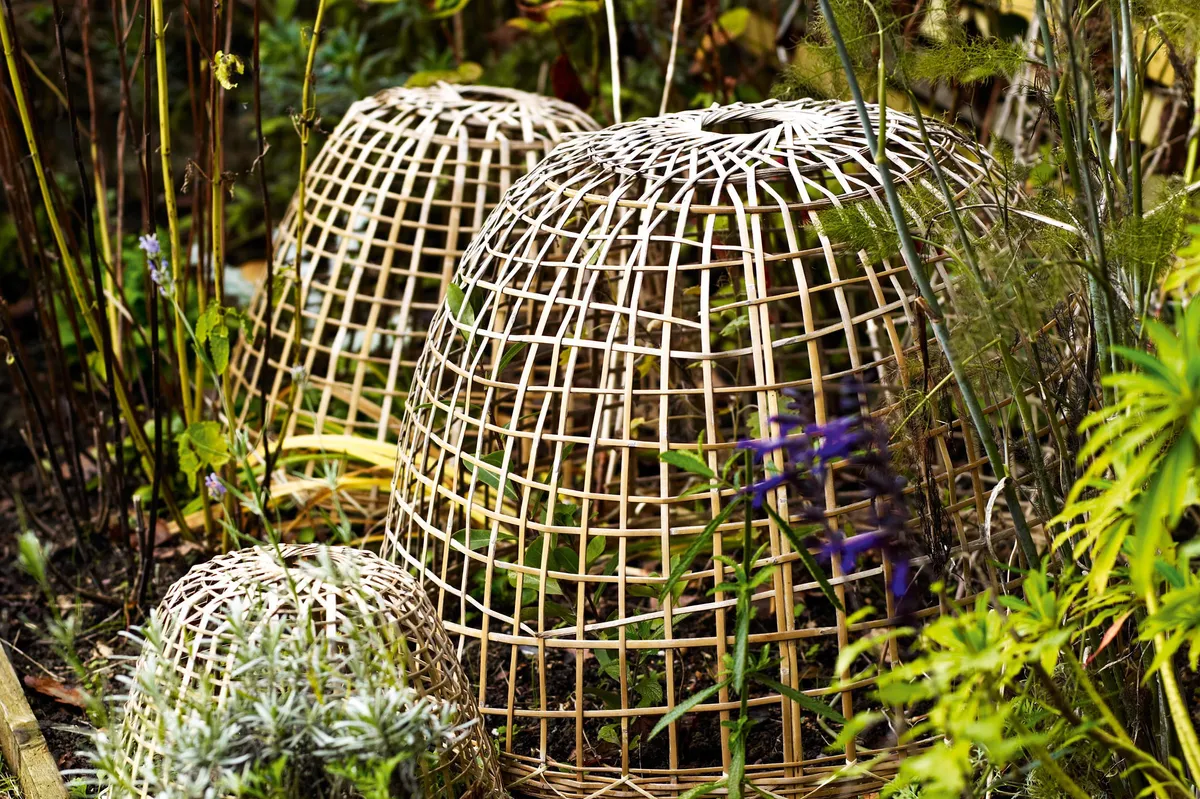
Useful resources: flytesofancy.co.uk for chicken coups and supplies. henkeepersassociation.co.uk for chicken advice and support. kitchen-garden-hens.co.uk for chicken books, blog and courses. poultrychat.com for help and discussion. poultryclub.org for pure breed clubs.
